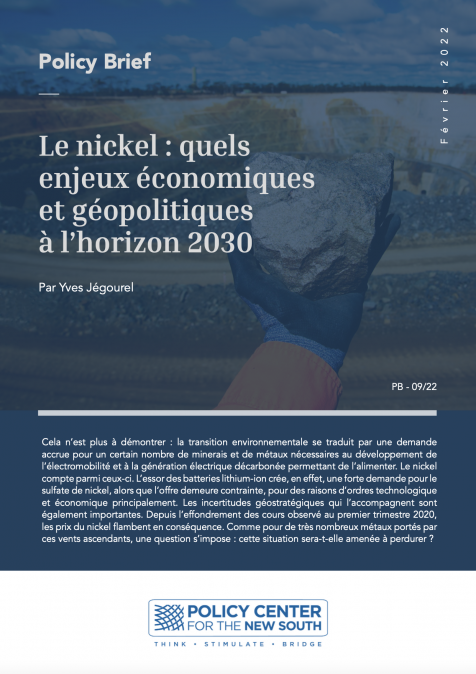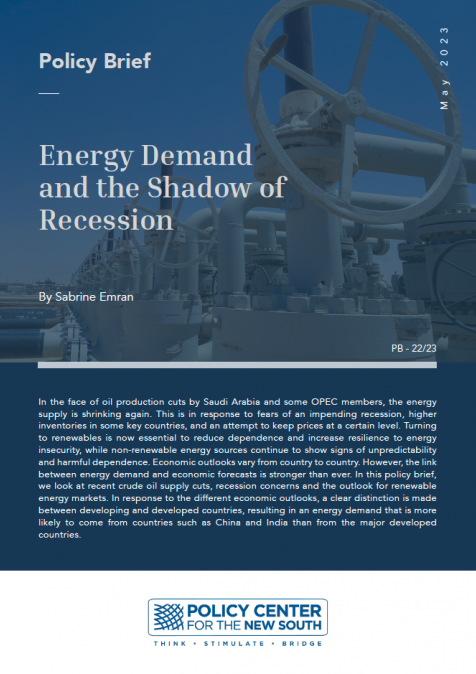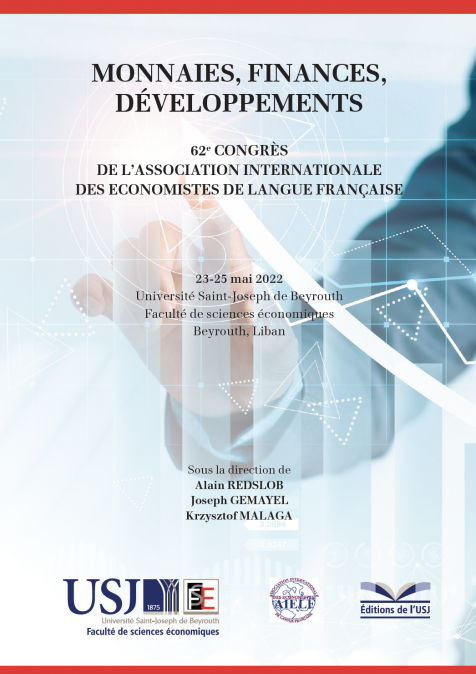Publications /
Policy Brief
Cela n’est plus à démontrer : la transition environnementale se traduit par une demande accrue pour un certain nombre de minerais et de métaux nécessaires au développement de l’électromobilité et à la génération électrique décarbonée permettant de l’alimenter. Le nickel compte parmi ceux-ci. L’essor des batteries lithium-ion crée, en effet, une forte demande pour le sulfate de nickel, alors que l’offre demeure contrainte, pour des raisons d’ordres technologique et économique principalement. Les incertitudes géostratégiques qui l’accompagnent sont également importantes. Depuis l’effondrement des cours observé au premier trimestre 2020, les prix du nickel flambent en conséquence. Comme pour de très nombreux métaux portés par ces vents ascendants, une question s’impose : cette situation sera-t-elle amenée à perdurer ?











